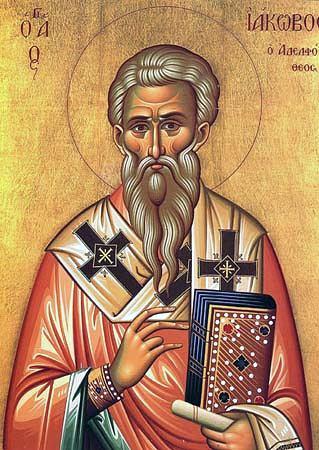One of the first questions expectant parents are asked is if they have yet come up with a name for their child. Quite often, and probably without realizing it, some of the most popular names are biblical. Jacob is one of the most common boys’ names in English. It derives from the story of Isaac’s younger son in Genesis. Its popularity increases exponentially when its variant James is added to the total. The name James comes into English from Old French where it was derived from the Latin Iacomus. B and m are, phonetically speaking, bilabials (the former voiced, the latter not). This Latin form also led to the Spanish name Iago, which many know from the apostolic name Santiago (“Saint James”). Or Saint Jacob, only nobody calls him by that name anymore. Biblical names are exceptionally common in the western world. Even so, it often seems implausible that names like Jimmi could be alternatives to Jacob, but small steps make evolution possible.

It has been popular among evangelicals for years to know that Jesus is the Greek form of the name Joshua. Having a savior named Josh just doesn’t have the gravitas we’re looking for, however. Greek is an Indo-European language while Hebrew is a Semitic one. While these two family trees have points of contact, their vocabulary and syntax developed quite independently. Names change when they’re translated. Many of our familiar New Testament names are translations from their Hebrew (or Aramaic) counterparts. The New Testament was written in Greek and we receive Greek versions of such names. John, for example, is another name that comes to us in many forms.

The apostle we call John was called Ioannes in Greek. This was derived from the Hebrew name Yochanan. John comes into English via the Germanic form Johannes, where the connection to the Greek becomes obvious. From there it shortens to John. It comes in many varieties too: Juan, Jan, Ivan, Han, Evan, Sean, Jonas, Giovanni, and even Jack. The latter sounds more like Jacob, but in their original forms the names are quite different. Apart from names, Indo-European borrowing from Semitic languages isn’t terribly common. Throughout the Christianized world, names based on these two apostles, however, have become extremely popular. In recent times parents have been branching out into more creative names for their children, but many of them still derive from their biblical antecedents. This is just one more way that the Bible continues its influence in an increasingly secular world.
